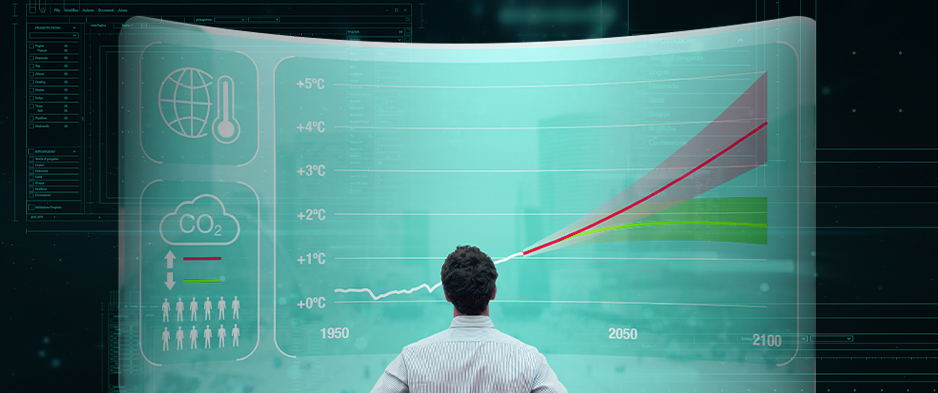Energy management has been a hot topic for years, but today more than ever it’s clear that we are facing a global energy crisis. The conflict in Ukraine has highlighted how dependent the world is on this resource and how vulnerable the energy supply network is.
IoT and energy crisis: the solution already exists
Growing uncertainty about energy security and rising tariffs are forcing companies to look for solutions. Among these, IoT technology is one of the most promising to help us use energy more efficiently and responsibly. The Internet of Things already plays an important role in the energy sector in various forms and capacities. Its most widespread function concerns smart monitoring of consumption. More and more companies are investing in smart metering systems made up of sensors and devices interconnected with plant machinery, in order to keep energy consumption (and other resources) under control.
The IoT to face the energy crisis, therefore, is not only a solution already present in various production realities, but it has also already demonstrated its effectiveness. Suffice it to say that the European Commission is evaluating the possibility of using the IoT through the smart metering of electricity meters to request power reductions in certain time slots. Now, it is only necessary to further explore its potential and exploit it.
Using the IoT to increase energy efficiency
The application of the Internet of Things in energy management is not limited to monitoring. From predictive maintenance to smart factories and smart grids, up to smart cities, the use of IoT technology opens up numerous scenarios for optimizing production processes and reducing energy waste.
Energy management systems based on IoT networks are designed to maximize efficiency and promote a more integrated and conscious approach to industry. Together with greater control over energy consumption, they allow for the design of new intelligent ways of working. By doing so, it is possible to set up the entire production chain on a more efficient basis, in all its phases, from generation to consumption.
Advantages of the IoT in energy management
When implemented, IoT technologies offer substantial benefits at every stage of the energy chain. Among the main ones:
- Get granular insights into each stage of the production journey through energy monitoring of performance and efficiency metrics.
- Improve predictive maintenance of production plants to reduce consumption peaks, waste and interventions.
- Isolate the most efficient areas for interventions aimed at increasing energy efficiency.
- Development of smart electrical systems and networks.

